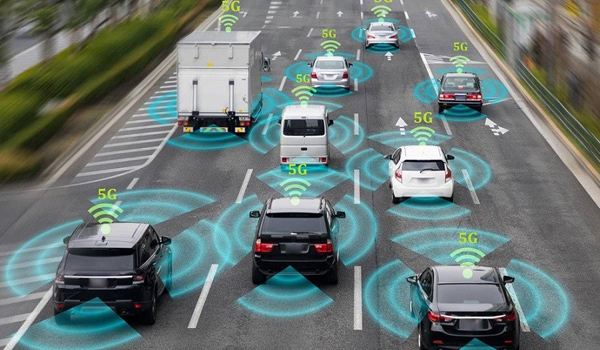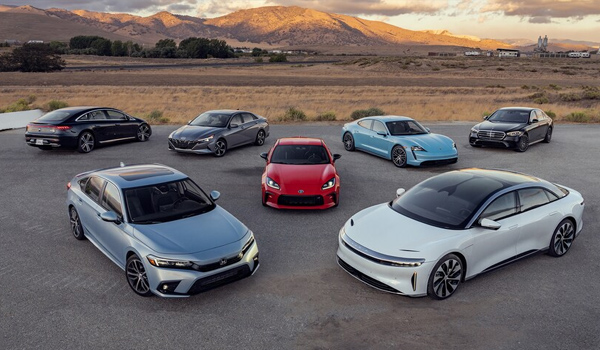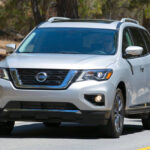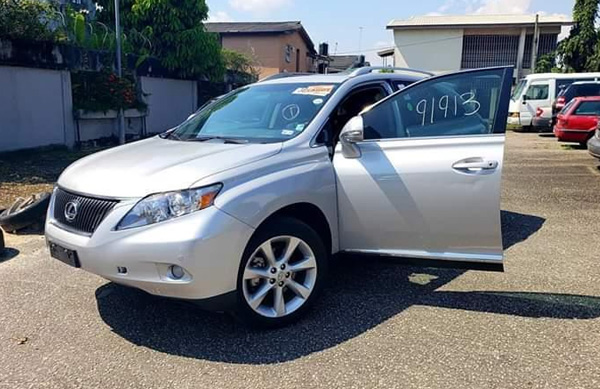5G set to support ultra-fast connections, speedier data downloads, and be able to handle millions of more connections than 4G mobile networks can cope with today. One use for 5G is self-driving cars, but will those cars really need it?
Table of Contents
The telecoms industry envisions autonomous cars equipped with hundreds of sensors collecting and receiving information all at once over a network. This concept is called “Vehicle-to-everything” (V2X). To achieve this, the car needs to detect blind spots and avoid collisions with people, animals or other vehicles on the road.
As the car moves on the road, it will pick sensors on information about:
- weather and road conditions.
- accidents.
- obstacles and objects moving near the car.
Once the information is gathered, either an onboard computer will make an instant decision, or the data could be sent into the cloud to be processed, and then a decision would be sent back to the vehicle.
These car types are smarter than humans if we must say. Imagine a scenario where Car X is travelling down a highway at 80mph. Suddenly, Car Y pulls out in front of Car X. To avoid an accident, the sensors on both cars would need to talk to each other. As a result, Car X would brake, and Car Y would speed up, in order to avoid a collision.
Would The Cars Really Need 5g?
Ordnance Survey says autonomous vehicles are possible with 5G, but initially, they will only be able to run in a well-mapped geographic area, such as a densely populated city.
The government agency of the UK is building a detailed 3D map that visualises all permanent fixtures like buildings, street signs and bridges, as well as temporary objects like Christmas decorations, cranes and hanging flower baskets – all of which could affect the strength of the 5G signal a car receives as it drives by.
In order for self-driving cars to also connect to the mobile network, existing 4G mobile antennas on buildings will not be enough – there will need to be lots of smaller millimetre wave antennas, located 200-300m apart from each other.
“For every one mobile base station we have today, you’ll probably need 60 or 70-millimetre wave transmitters and receivers,” explains Richard Woodling, a managing consultant with the Ordnance Survey.
As mentioned above, the direct short-range V2X communication, 5G technology is a viable contender, and with China’s decision to back C-V2X and Europe’s openness, C-V2X might prevail even though alternatives do exist. In the short to mid-term, this means that 5G in mobile networks does not appear to be essential to kick-start self-driving driving, contrary to what many people believe.
The existing mobile networks—even if only based on 4G/LTE—can provide the basis for this if they are built out and if older technology is gradually replaced, re-farming the frequencies used by 3G and 2G. Clearly, 5G will supplement and enhance the networks, laying the path for the evolution of autonomous driving as other required technologies mature. The automotive industry would be wise to learn an important lesson from the mobile industry which is collaborating on standards is the primary driver for the growth of network-based sectors in a fragmented, competitive landscape.
Who Would Be Responsible For Regulating Autonomous Vehicles?
Theoretically, a mesh networking system of connected cars, with an absolute understanding of what action and in what sequence actions should be performed, would be much safer than human drivers.
Additionally, ideal situations are rarely true ones: the presence of external factors, such as passengers and inclement weather, can disrupt this self-driving utopia.
Benefits Of 5G For Autonomous Driving
One huge benefit of using a 5G network is what is known as network slicing. The wireless network is subdivided into virtual network levels. One network level is then used only for automated driving. This ensures that safety-relevant notifications to self-driving cars will not end up in a traffic jam on the data highway and will be given priority over other infotainment services used in parallel.
Another benefit is the data processing and storage in data centres that are in close proximity to the transport routes. Such “edge” data centres ensure that data can be processed even faster in the network. An autonomous car driving at a speed of 100 km/h would have travelled a mere 60 centimetres in that time. The virtual network levels and short transmission paths guarantee important quality features of the 5G mobile technology, such as low latencies and high bandwidths.
Sensors are used to implement car-to-car communication for automated driving. This includes, for example, intelligent camera systems, which enable the direct exchange of data between the cars. These systems have crucial physical disadvantages, however. They can neither look around corners, nor over hills, nor through obstacles. This is why they restrict the functioning of self-driving cars. This simple form of automation is also unsuitable at higher speeds.
This is where the 5G network offers another huge advantage. Mobile technology expands the scope of autonomous mobility through direct and, above all, fast and broadband data communication with cars and an appropriately equipped transport infrastructure, such as traffic lights. This can ensure improved traffic flows, for example by enabling cars to travel at higher speeds or reducing their speed in good time when necessary.
Have 1 million naira and above to Buy or Sell Cars In Nigeria? Check carlots.ng
All rights reserved. Reproduction, publication, broadcasting, rewriting, or redistribution of this material and other digital content on carmart.ng is strictly prohibited without prior express written permission from Carmart Nigeria - Contact: [email protected]








